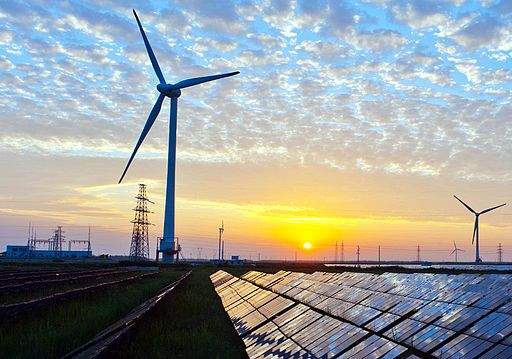
New and updated climate targets have been finalised by the European Union (EU) this week, following months of negotiations between the European Commission, Parliament and Council.
The new environmental targets include a 32.5% improvement in energy saving, a 32% total in the share of renewable energy by 2030, and a reduction of carbon emissions by more than 45% below 1990 levels by 2030. The latter commitment marks an increase from the bloc’s original pledge made in the Paris Agreement to cut emissions by “at least 40%”.
A revision clause was also added to the final deal, offering the bloc a chance to strengthen its climate goals in 2023. Interim ‘trajectory’ targets have also been set for 2022, 2025 and 2027 to monitor progress on addressing the new aims.
While lawmakers were generally pushing for more ambitious targets and stricter monitoring of efforts, member states resisted these suggestions due to fears over their potentially damaging economic impact.
Additionally, the European Parliament and member states clashed over whether to include a target of achieving a net zero emission economy by 2050, with the result being that the EU has committed to delivering a net zero emission economy ‘as early as possible’. The Commission is also to prepare a new strategy for April 2019, detailing how such an economy can be achieved.
These compromises drew some criticism, with environmental groups and lawmakers saying measures must be more extreme if the terms laid out in the Paris Agreement are to be achieved, and if the global temperature limit of 2˚C is to be ensured.
For instance, European Green party member Benedek Javor warned that the rules will need to be strengthened over time “if we are to meet our climate obligations”.
National governments are now anticipated to start drafting their own strategies for implementing the new aims, with each EU member state tasked with preparing an energy and climate plan for their regions between 2021 and 2030 showing how the targets will be attained.
EU Commissioner for Climate Action, Miguel Arias Cañete, said the finalised measures were a milestone in EU decarbonisation efforts, expressing the hope that it would lead to investments “to modernise the EU economy and energy systems”.
However, he also noted that the EU accounts for less than 10% of global carbon emissions and voiced the need for other nations to follow suit to more effectively tackle global warming.



